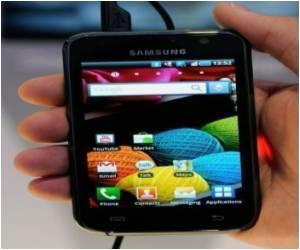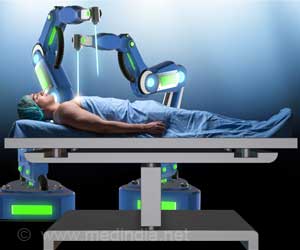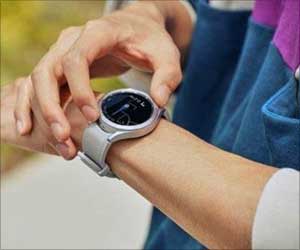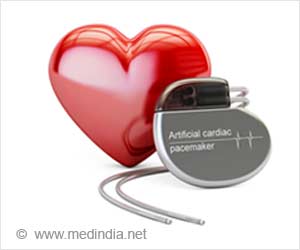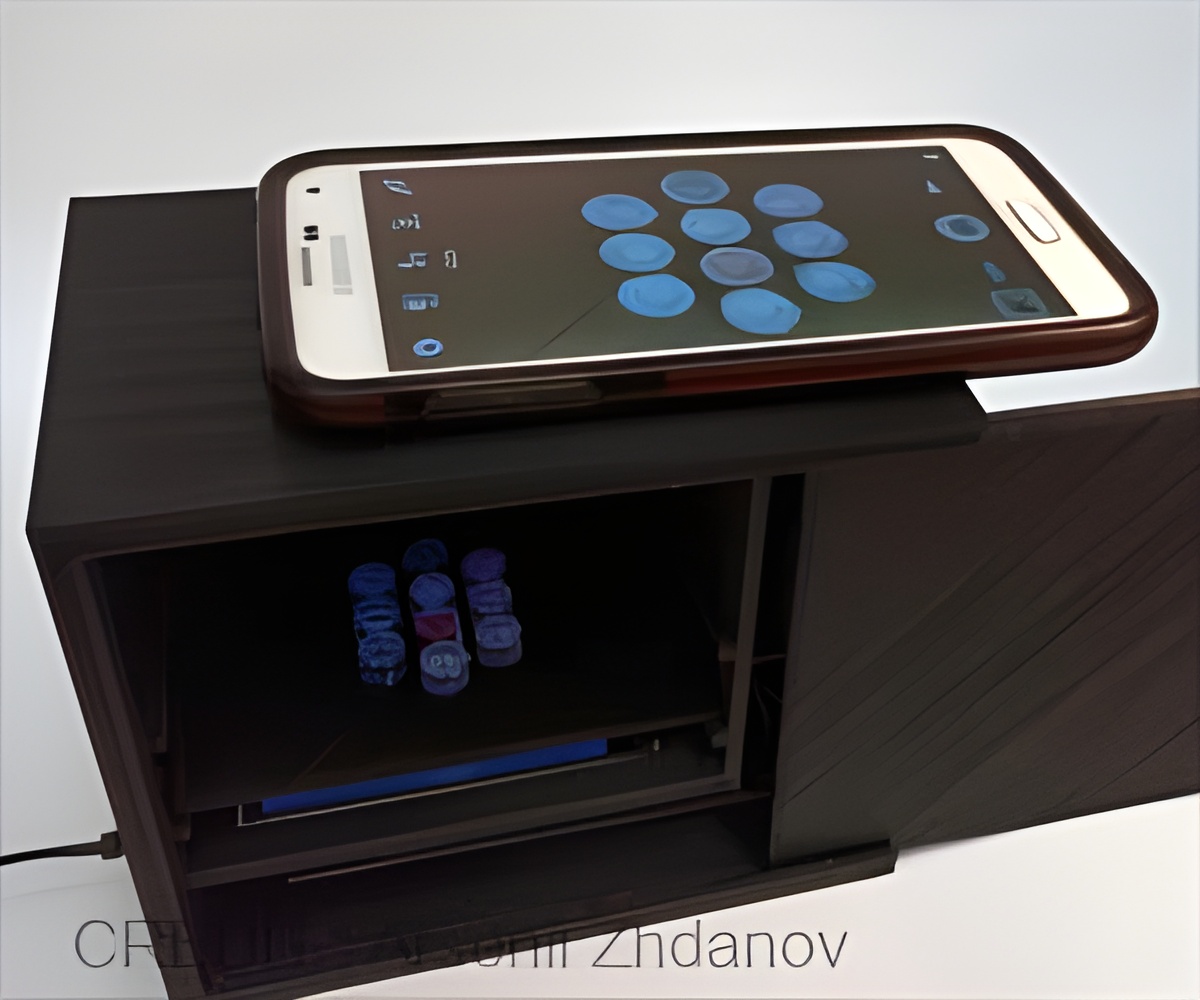
‘In general the machines required for the incubation and reading are expensive and bulky. The Mobile Enzyme-Linked Immunosorbent Assay (MELISA) allows patients to do the testing and obtain results at doctor’s office itself.’
Tweet it Now
"Enzyme-Linked Immunosorbent Assay" (ELISA) are the current gold standard diagnostic used to detect the presence of an antibody or antigen, and now instead of sending patients to a laboratory, new cellphone-based technology can be used to do the same test in the doctor's office, clinic or even in a remote area."ELISA is an important technology for biochemical analysis of proteins and hormones and is critical for the diagnosis of many diseases, such as HIV and Lyme Disease," said corresponding author Anna Pyayt, PhD, assistant professor at the University of South Florida College of Engineering. "But the machines required for the incubation and reading are expensive and bulky. The MELISA allows patients to undergo testing and obtain results at point-of-care."
The Mobile Enzyme-Linked Immunosorbent Assay (MELISA) is detailed in an article just published in Biosensors and Bioelectronics. The device accurately measures progesterone levels, a key hormone that impacts female fertility and is indicative of some cancers.
MELISA consists of a water bath heater that incubates samples at a target temperature and analyzes them via images taken by mobile phone. It uses color analysis to determine the RGB (red, green, blue) color components of each sample. The blue color component is used for further analysis due to its sensitivity to the changes in progesterone concentration.
"It is designed to make biomedical testing simple and affordable. When low-cost testing can be integrated with routine clinic visits, this would greatly improve the quality of healthcare and detect worrisome signs earlier, Dr. Pyayt said.
Advertisement
Source-Eurekalert



